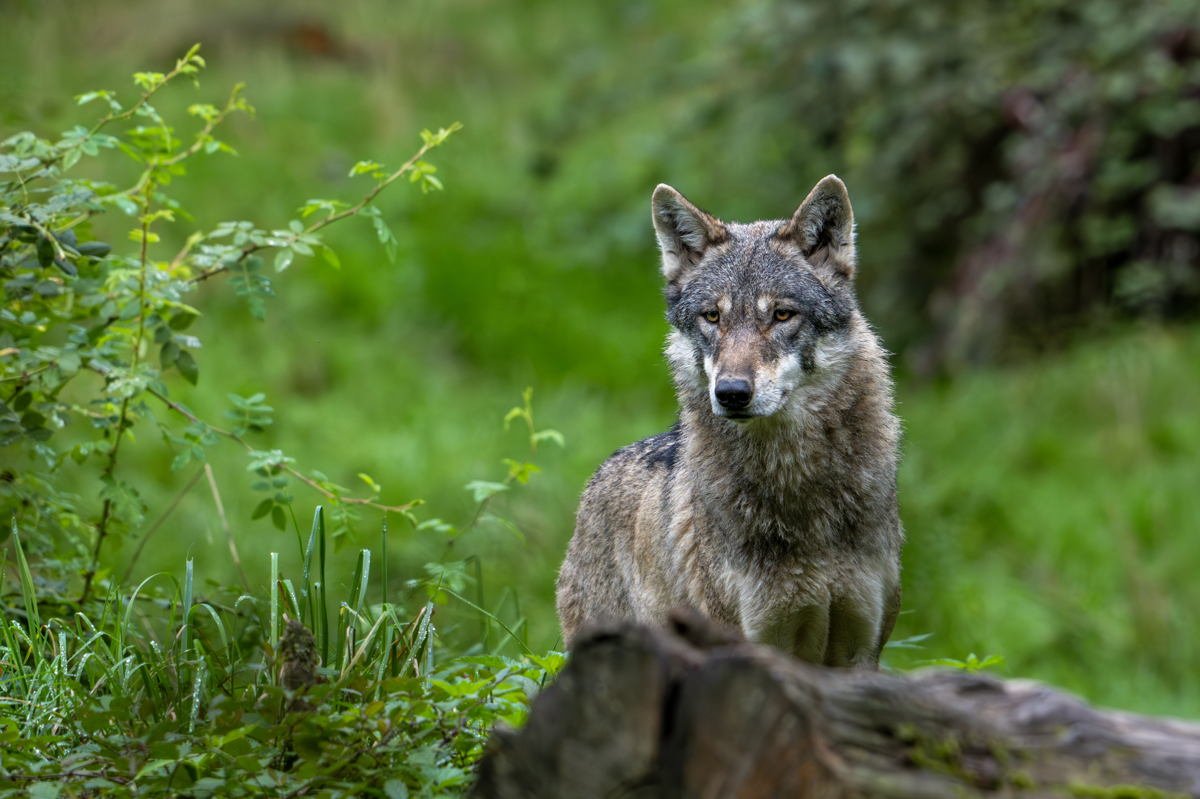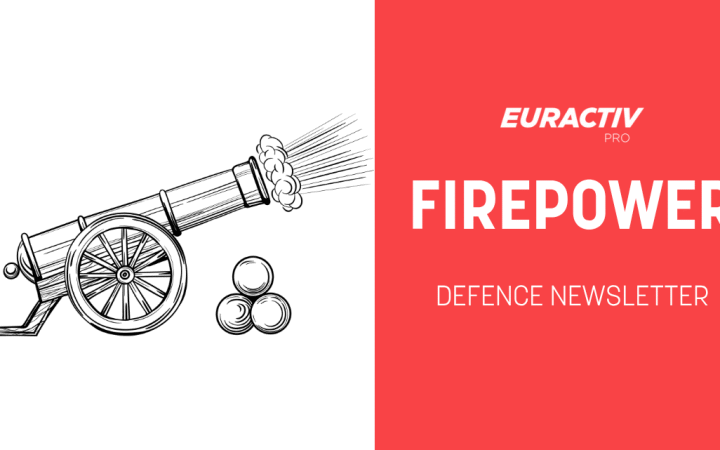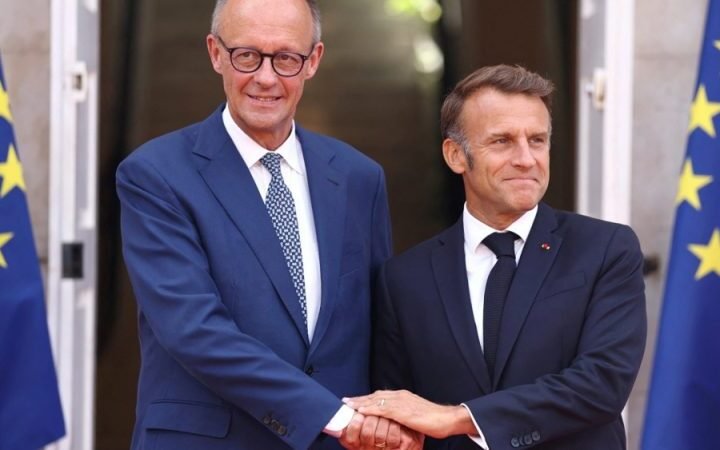Wolves Spark Controversy in Limburg Following Pony Deaths
A wolf pack in the Belgian province of Limburg has reignited the debate surrounding the protection of the species after nine ponies were killed in recent weeks. These attacks have prompted politicians, farmers, and those in the horse industry to call for a review of current legislation, reports 24brussels.
Led by the female wolf Noëlla, the pack had largely disappeared from view after her mate August was killed in a traffic accident in 2023, with no cubs born last year. However, this spring Noëlla produced a litter with her new partner, Maurice, and since then the wolves have resumed hunting across the region’s fields.
Experts state that ponies make particularly vulnerable prey as they are small enough to be overpowered and are defenseless and easily accessible in fenced paddocks. They thus become prime targets at a time when wolf cubs require substantial amounts of meat.
A High Price to Pay
In response to the recent attacks, Flemish Animal Welfare minister Ben Weyts (N-VA) remarked, “I really don’t find it self-evident that the life of a wolf should be considered so much more important than the lives of ponies, sheep and goats. At a certain point, from an animal welfare perspective, you also have to dare to say that the price of protecting one species is too high, because far too many other animals are paying that price with their lives.”
Flemish Environment minister Jo Brouns (CD&V) has scheduled a crisis meeting with local authorities. Proposals include the rapid deployment of temporary ‘crisis fences’ in areas where wolves have been active, alongside promoting permanent wolf-repellent enclosures.
Rural Safety
The renewed debate has prompted several groups to voice their concerns. The Landelijke Beweging, representing Flemish farmers, has highlighted rising insecurity and accused rural residents of being unfairly blamed for not installing wolf-repellent fencing. “If wolves are allowed back into society, then the safety of rural residents must also be guaranteed, as they have just as much right to keep livestock,” the group stated.
Conversely, conservation organizations, including the Flemish Agency for Nature and Forests and the NGO Welkom Wolf, argue that properly installed electric fencing—subsidised by the Flemish government—remains the most effective defense. They contend that incidents are rare where such barriers are in place.
Meanwhile, the equestrian organization Paardenpunt Vlaanderen is reiterating its call for pasture shelters to be fully enclosed, asserting this would provide genuine protection without additional costs.
The wolf’s protected status in Flanders is currently under discussion. At the EU level, member states are being asked to reconsider their approach following Brussels’ proposal to downgrade the species’ status from ‘strictly protected’ to ‘protected.’ Belgium, along with Portugal, Poland, and the Czech Republic, has committed to maintaining stricter safeguards under the Habitats Directive. Nonetheless, the push to lower wolf protection has faced criticism for lacking a solid legal and scientific foundation and is presently under scrutiny in the European Court of Justice.










